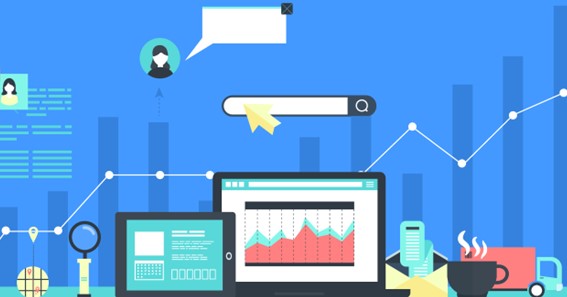When a company wants to purchase some inventory, they usually buy those goods on credit, and which is when an account payable is created. Account payable means when a company buys goods from a supplier on credit and they have to repay it in a short period to avoid defaults. It is treated as a liability. It has to be paid in a short amount of time to prevent defaults.
On the other hand, note payables are long-term liabilities that a company borrows from banks or other financial institutions for purchasing goods for more than 12 months. It has an interest rate that a company can pay over a while. Account payable and note payable are both liabilities for the company, but account payable and note payable are for short-term and long-term, respectively.
Click here – Tips and tricks to design a stunning workspace
Account payable vs note payable can be differentiated by short term and long term loans also the supplier issue promissory note only for note payable
Account payable emerges from purchasing items from merchants, and note payable generally occurs from purchasing equipment, vehicles, and other types of assets.
Account payable, also known as trade payable, is recorded as current liabilities in the balance sheet of the company. It should be paid in a specific period, generally within a month. A typical account payable process, such as processing invoices, is a five-step process.
When a company receives an invoice from the supplier, the process begins, and the account payable department verifies the invoice by cross-checking it. After the rechecking and approval from the relevant authority, it gets further payment to the supplier. And it is additionally kept as a record for future reference.
Accounts payable automation improves the accuracy and efficiency of this time-consuming procedure. Using accounts payable aut
Using automated software that provides such a facility where it can automate data entry which is the most time-consuming process in no time, and with automated processes, you can use the data for a long time.
Doing all this process with the help of technology will be very beneficial for the company due to the following reasons:-
Reduces errors:- Human errors can be avoided if a company uses technology for the account payable process. As humans tend to make more mistakes, and with the automated process, those errors can be avoided.
Click here – Everything you need to know about the concept of Code obfuscation from the house of the companies
Save time:- While doing all this process in an automated way, you can also reduce the time and gain more accurate results.
Visibility:- Greater visibility and control over the company’s financial flow are made possible through a centralized payments data repository.
Productivity:- Employees will be more productive if you release them from routine activities so they can focus on the crucial work they should be completing.
Easily accessible:- It is easy to access automated invoices rather than paper. Paper can be misplaced, but we can save the data for as long as possible with proper backup.
The use of automation can save a company time and money and make it more efficient.
